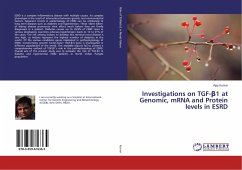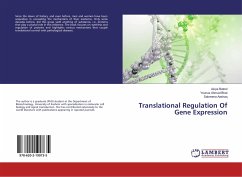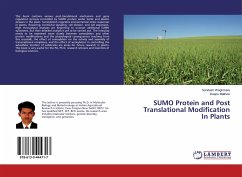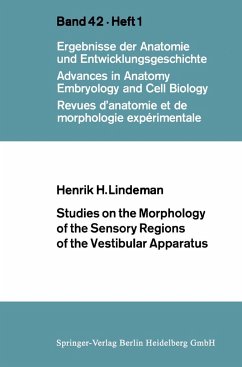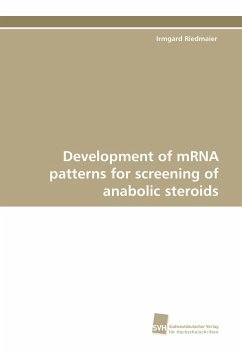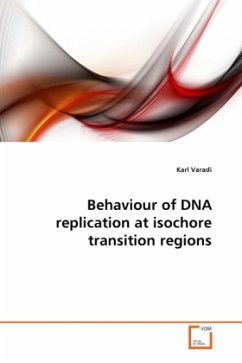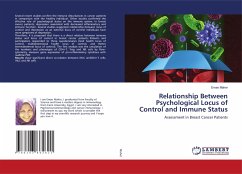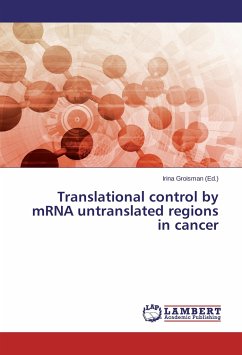
Translational control by mRNA untranslated regions in cancer
Versandkostenfrei!
Versandfertig in 6-10 Tagen
32,99 €
inkl. MwSt.

PAYBACK Punkte
16 °P sammeln!
Regulation of gene expression is determined by splicing, mRNA transport, mRNA stability, and translation. These pathways are all interconnected in the cell to finally control protein synthesis. Translational control plays a predominant role in gene expression regulation because it allows rapid-response fine-tuning of the quantities of protein synthesized, and is potentially involved in spatial control mechanisms. Translational control mechanisms are based on interactions of RNA binding factors with 5' and 3' un-translated regions (UTRs) of mRNA. Aberrant expression of RNA binding factors affec...
Regulation of gene expression is determined by splicing, mRNA transport, mRNA stability, and translation. These pathways are all interconnected in the cell to finally control protein synthesis. Translational control plays a predominant role in gene expression regulation because it allows rapid-response fine-tuning of the quantities of protein synthesized, and is potentially involved in spatial control mechanisms. Translational control mechanisms are based on interactions of RNA binding factors with 5' and 3' un-translated regions (UTRs) of mRNA. Aberrant expression of RNA binding factors affecting translational control is known to influence cell growth and lead to cancer.



